

Mr Chris de Kock
Wesbank Chief Executive Officer
Enterprise Road
Fairland
2170
Dear Mr De Kock
ALLEGED CORRUPTION IN MOTOR VEHICLE SALES: THIRTY MORE PEOPLE CONFIRM SEEMING FRAUDULENT TRANSACTIONS INVOLVING WESBANK FINANCING
1. Introduction
Our meeting of the 10th of May 2018 regarding Mr Mzukisi Ndara’s complaint and subsequent correspondence refers.
You will recall that I addressed an open letter to you in May last year that contained serious allegations of impropriety and possible fraudulent misconduct occasioned by officials that were acting on behalf of FirstRand Bank, trading as Wesbank.
The vehicle sale deal that was concluded with Mr Ndara, on the face of it, carried fraudulent misrepresentations that have led to untold financial harm and prejudice to him and his family for fifteen years; this year.
The letter I wrote to you was also posted on my social media platforms provoking a flurry of activity largely condemning the conduct of the bank.
2. Context
You consequently invited Mr Ndara and I to a meeting to discuss this matter further. We met at Wesbank’s headquarters at Fairlands in Johannesburg. Apart from you absolving the bank of all responsibility, and partly blaming the dealership, you were unable to debunk the authenticity of what Mr Ndara contended.
Instead, pursuant to him narrating what had transpired, during and post the conclusion of his vehicle sale deal you said that “if it is true what you are saying, and its accurate, then I must sympathise with you because you will have been done a grave injustice”.
In order to eliminate in your statement, the suspensive condition “if” Mr Ndara took the trouble to furnish your legal officer, Mr McLellan, with the documents that relate to his matter, his utterances when he saw them, was “it is the first time I am seeing these documents”. This is yet another statement that begs the question: Does FirstRand bank value its reputation as a corporate citizen in this country and if so, why doesn’t it redress what are clearly gross violations of Mr Ndara’s constitutional rights?
Sir, I have had to answer this question myself. Shocking as this may be, scary as this may sound, the balance of probabilities points to Wesbank having used this approach as its modus operandi to seemingly swindle a significant number of South Africans from their hard-earned money.
It came as a shock to the system, when Mr Ndara told me that Mr Prishen Ramsamay and Mrs Cheryl Moosa contacted him to say that they had been trying to locate him since the time I had posted the first letter to you. There are now at least thirty other people who have been party to vehicle sales transactions borne out of alleged fraudulent misrepresentations; destroying many people’s lives in the process.
All these seemingly fraudulent transactions that were initiated at the BMW Melrose Arch Dealership in Sandton were predictably all financed by Wesbank. The shocking details of some of these transactions are contained here below.
This group of ordinary South Africans whose demographics constitute a rainbow nation, have come together under the banner “Crusaders for Justice” Stop Bank Corruption.
3. Legislative framework
In my first letter to you, whilst I am by no means a legal eagle, I ventured an opinion that asserts that, on the face of it, you do not require intimate insights of jurisprudence to understand that a bank cannot approve finance for a new car and the customer receives and pays for a used vehicle, in order to discern fraud. Surely it is not that difficult.
My opinion aside, the first reason that points to Wesbank having possibly gone rogue is simply the nature of the transactions they have concluded with the members of Crusaders for Justice. Some of these transactions have violated so many provisions of the National Credit Act of 2007 and its forerunner, the Credit Agreements Act of 1980.
The National Credit Act (Act No. 34 of 2005) Section 90 is entitled: “Unlawful provisions of Credit Agreement” and it reads as follows;
90. (1) A credit agreement must not contain an unlawful provision’
(2) A provision of a credit agreement is unlawful if –
(a) its general purpose or effect is to –
(i) defeat the purposes or policies of this Act;
(ii) deceive the consumer; or
(iii) subject the consumer to fraudulent conduct;
(b) it directly or indirectly purports to –
(i) waive or deprive a consumer of a right set out in this Act;
(ii) avoid a credit provider’s obligation or duty in terms of this Act
(iii) set aside or override the effect of any provision of this Act
(iv) authorise the credit provider to;
(aa) do anything that is unlawful in terms of this Act; or
(bb) fail to do anything that is required in terms of this Act;
(e) it purports to make the agreement subject to a supplementary agreement, or sign a document, prohibited by section 91 (a)
(g) it purports to exempt the credit provider from liability, or limit such liability for-
(i) any act, omission or representation by a person acting on behalf of the credit provider.
In summary, all these provisions refer to a credit provider, and in everyday language a credit provider referred to above is a bank. Banks in terms of the law must not violate any of the provisions above.
Hence, we can boldly say, FirstRand Bank has seemingly broken the law in many instances and on many occasions. The Bank is not above the law.
4. What has the bank done?
Wesbank’s modus operandi is as follows; at least according to the lived experiences of the members of Crusaders for Justice;
• Most people were induced into these unlawful deals or contracts; the National Credit Act also deals with inducement as being unlawful.
• There are seemingly fraudulent misrepresentations in most, if not all these deals, with the following examples:
The dealership processed a car for finance as if it is brand-new and this is approved by the bank, yet the vehicle is used. The consumer is invoiced for a brand-new car, whilst the dealership agents and the bank are aware that there appears to be misrepresentation; in fact, there is alleged fraud (as in Mr Ndara’s case).
There is a member of Crusaders for Justice, who was a first-time buyer but, in his contract, the bank purports that he traded in a vehicle and yet that is not the case (as in the case of Devy De Klerk).
The most common of these alleged unlawful practices, we have come to learn, is what is called loading or adding onto the price of a vehicle, what is normally known as “extras”. An extra in a vehicle, is a material enhancement the customer requests of his/her own volition over and above the cost of the vehicle i.e. an additional item, at an additional cost.
Extras under normal circumstances would be things like cruise control, bull bars, metallic paint, sunroofs, air-conditioning, boot spoilers, etc. The buyer would then be advised of the price of each of these extras so that he/she can make an informed decision on whether it was desired.
Some members of the Crusaders for Justice had all manner of extras added on to their contracts without them even knowing that they were so-called extras. These include Group Life Insurance at R25,900 (M Ndara) and a digital braking system at a cost of virtually R60,000 (Cheryl Moosa). In some cases, some of the contracts were padded with these fictitious extras to an additional total amount of R150,000 per vehicle.
The National Credit Act also refers to consumers being induced into signing supplementary agreements, as if these were obligatory. And, unwittingly through trust and naivety, people sign only to find they are being defrauded and further prejudiced. There are some that are paying instalments of R30,000 for having concluded car deals, in some cases up to R50,000 (Mr Siva Pather).
Sir, I have taken the trouble to write to you again. As previously, giving you the benefit of doubt to say, you may not be aware, maybe Mr Ndara’s matter was an isolated incident. However, with these latest revelations, nothing can be left to chance.
This needs to be probed as it now comes across as a deliberate and planned scheme to rob people who least suspect that a reputable bank is capable of such.
5. Do the banks know?
I have in my possession a High Court judgement handed down on the 16th of May 2013 by the KwaZulu-Natal High Court, in Durban, Case No 2142/2009 in the matter between: FIRSTRAND BANK LIMITED t/a WESBANK as plaintiff and DUAL DISCOUNT WHOLESALERS CC as defendant.
In a nutshell, Wesbank in this case took to court a dealership in Durban that had misrepresented the price of a vehicle, as a result of which Wesbank paid more than the value of the car and ended up charging a consumer through instalments more than what the car was worth. Simple and straightforward.
When the consumer discontinued payments the bank repossessed the vehicle and, in that process, discovered that in this contract there was fraudulent misrepresentation regarding the price of the vehicle, so they invoked what is called a “master agreement” that regulates transactions between dealerships and banks. These master agreements ironically protect the consumer against such conduct.
Needless to say, Wesbank was successful in this action and the dealership carried liability.
What defies logic is the principles that underpin this case have not been applied to all these complaints lodged by this group of people. And this is clearly a precedent that demonstrates what should obtain and what steps should have been taken against all dealerships by the bank.
6. Conclusion
In our meeting you harped on the fact that you have a judgement against Mr Ndara on case number 3180/2013 underway at the Grahamstown High Court, wherein on the 3 March 2015 Judge Elna Revelas upheld the bank’s Special Plea of Prescription against Mr Ndara’s application against the Bank.
Further to that, the Bank obtained a judgement on the 18th of August 2015, dismissing Mr Ndara’s Application for Leave to Appeal Judge Revelas’ decision.
A new team of lawyers for Mr Ndara discovered in May 2018 that the judgement the Bank had obtained in August of 2015 was sought through underhanded means, it was erroneously sought and granted in the absence of Mr Ndara’s legal team and without even a Notice of Set Down served on them.
Invariably it was set aside by Judge Buyiswa Majiki in August of 2018. The Bank’s appeal of the same judgement was dismissed with costs on the 12th of March this year.
Sir, with due respect, is all this necessary? What do we make of the sacrosanct corporate governance associated with the banks in this country which you purport to subscribe to?
It is now an open secret that Mr Ndara’s saga is a drop in the ocean, as clearly there are many, many others whose documentation is in our possession.
I am now appealing to the shareholders of FirstRand Bank to assist you to do what is right for the benefit of us all. Redress for all these people who have been done wrong is the first step in my view that is non-negotiable.
I also call upon the South African public, political and leadership of all self-respecting organisations to call out First Rand Bank for these unlawful acts against ordinary citizens.
The all-round condemnation of anyone who was involved in the VBS scandal is commendable. Corruption is corruption by any other name, so let us join the call for Wesbank to be held accountable and answer openly and honestly to these accusations. After all, Wesbank operates on a license granted by government, and is regulated like all other companies in this country.
Mr De Kock, I shall eagerly await your response to this matter before we take it further.
We look forward to your response.
Mr Bantu Holomisa, MP
UDM President




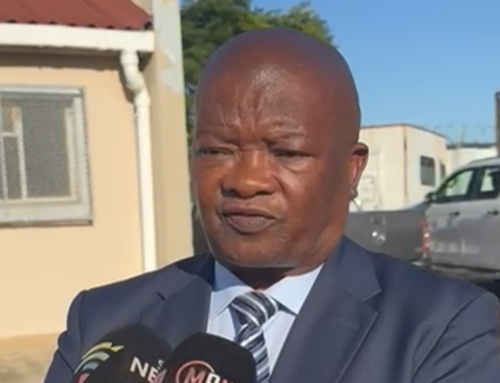



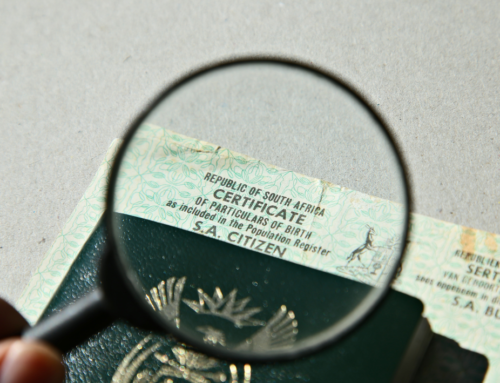
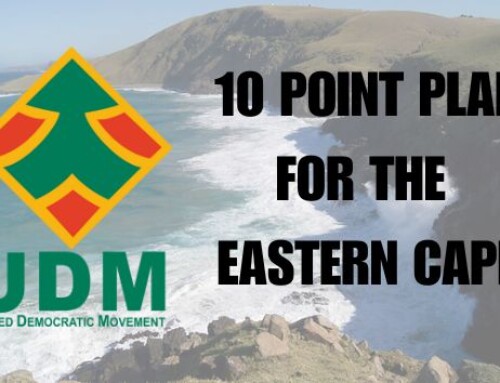


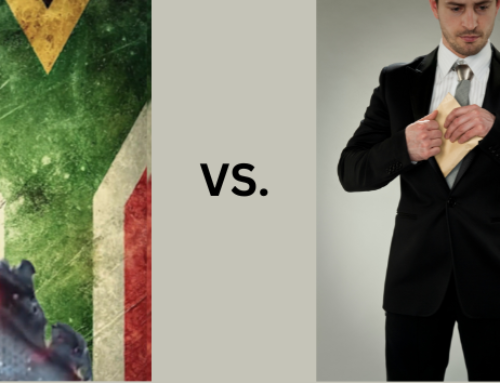



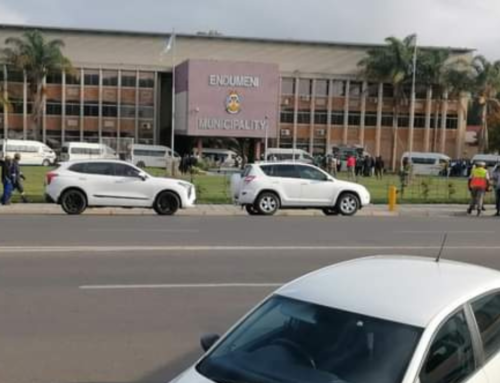
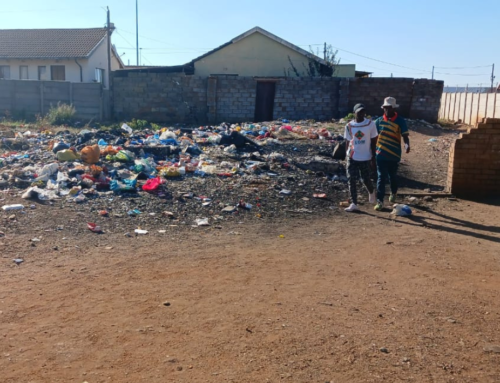
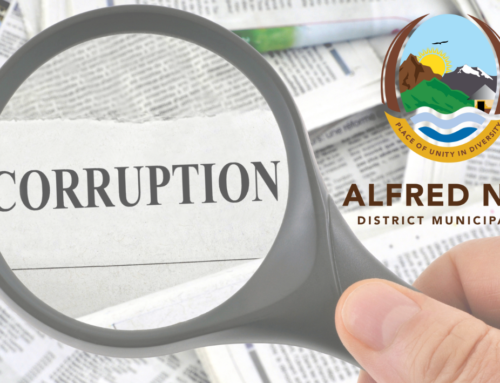
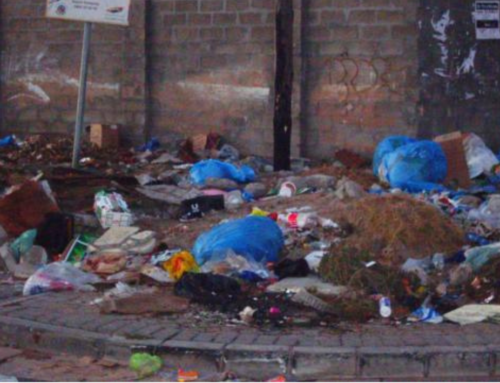
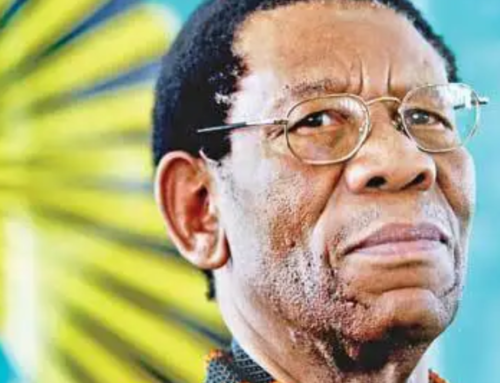


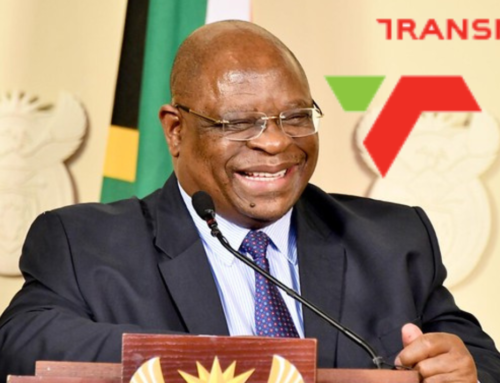


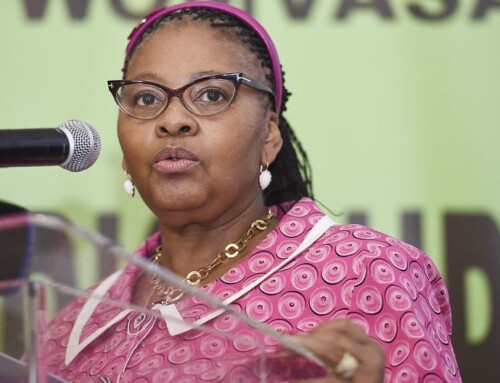


I need explanation only for the higher rate am paying 17% or allow me to bring back ur car
A very commendable effort from the Honourable Holomisa, only by protecting the ordinary person can justice be seen to be practiced, and a just society becomes a successful society in it’s own right, thereby, providing for the poor of poorest.